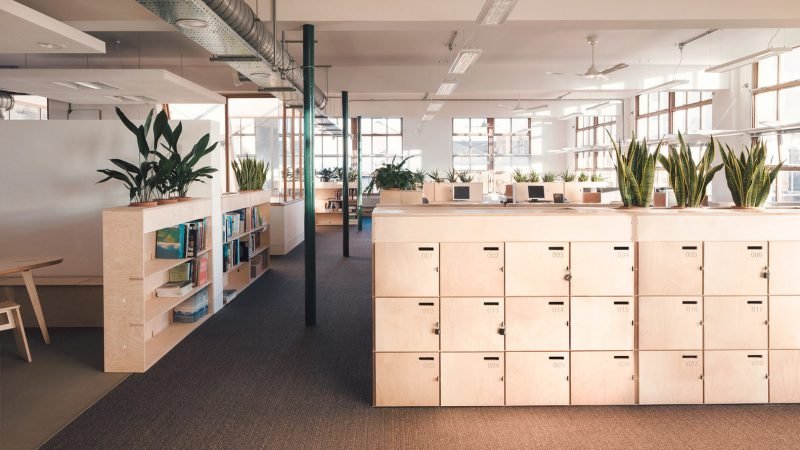The Future of Furniture: Shared Globally, Produced Locally
Need a table or a bookcase? Getting one will become easier and easier. Opendesk offers open source furniture designs which you can download and produce at a fab lab around the corner.
With the rise of online shopping and the increasingly digitalized service access, furniture and other types of shopping experiences have been transformed from going to a shop and choosing a piece to a myriad open browser tabs and home-delivery orders. Now, there is a new option that is becoming a more and more popular: open source design and ‘downloadable’ furniture.

The larger movement of open source content began in the 1990s with open software provided by developers online. Soon after, design followed software’s footsteps and things such as clothing or furniture designs became available to download and make on your own. Opendesk is one of the first platforms offering a catalog of open source furniture.

Opendesk works in a very simple way: you can download a design and either make it yourself in a FabLab or a personal workshop, or get connected with the nearest CNC machine (a mill that cuts wood from a digital file) or wood workshop where the woodworker manufactures the furniture piece according to instructions. Opendesk has over 30 downloadable pieces of furniture, from chairs to shelves, and even solo working booths. The basic and minimal designs are versatile and give a ‘raw’ yet polished look to any space.

The aim of open source designs, apart from making more things widely and easily accessible, is de-centralizing production and design. Opendesk designs can be ‘produced locally’ while also ‘shared globally’, making the process more sustainable and democratic. Opendesk provides designs made by various designers. Some are free of charge and some come at a small fee, but they all help the designers to spread and share their work internationally.

Similar projects aiming to re-invent the production chain have emerged in the recent years. This Stool Rocks, for example is a project combining open design and 3D printing at home, while WikiHouse goes even further and offers a free 3D design software which allows to easily design, print and build even a house! The need for more sustainable practices is slowly changing the consumption choices and production processes and design is one of the pioneer spheres where this change is visible.



